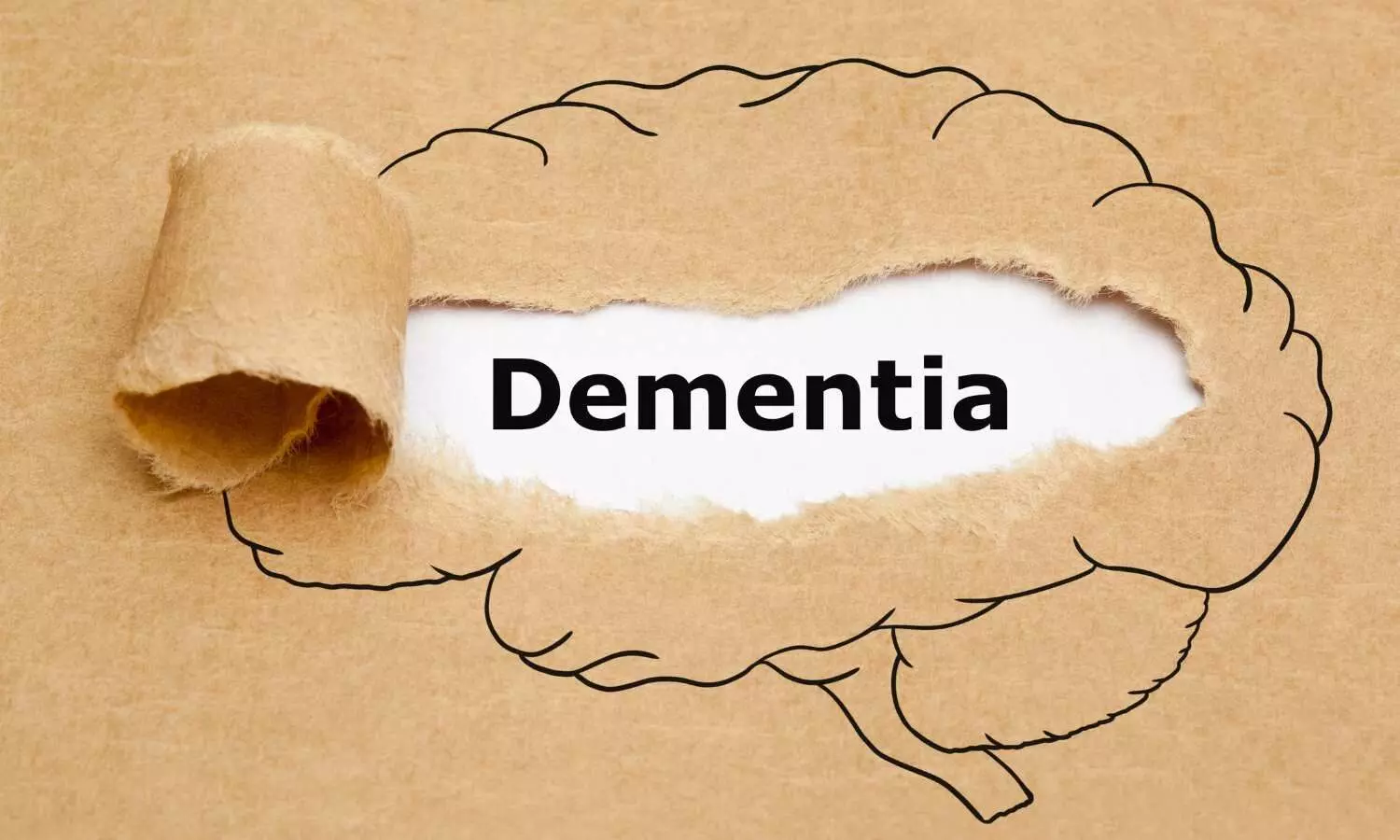- Home
- Medical news & Guidelines
- Anesthesiology
- Cardiology and CTVS
- Critical Care
- Dentistry
- Dermatology
- Diabetes and Endocrinology
- ENT
- Gastroenterology
- Medicine
- Nephrology
- Neurology
- Obstretics-Gynaecology
- Oncology
- Ophthalmology
- Orthopaedics
- Pediatrics-Neonatology
- Psychiatry
- Pulmonology
- Radiology
- Surgery
- Urology
- Laboratory Medicine
- Diet
- Nursing
- Paramedical
- Physiotherapy
- Health news
- Fact Check
- Bone Health Fact Check
- Brain Health Fact Check
- Cancer Related Fact Check
- Child Care Fact Check
- Dental and oral health fact check
- Diabetes and metabolic health fact check
- Diet and Nutrition Fact Check
- Eye and ENT Care Fact Check
- Fitness fact check
- Gut health fact check
- Heart health fact check
- Kidney health fact check
- Medical education fact check
- Men's health fact check
- Respiratory fact check
- Skin and hair care fact check
- Vaccine and Immunization fact check
- Women's health fact check
- AYUSH
- State News
- Andaman and Nicobar Islands
- Andhra Pradesh
- Arunachal Pradesh
- Assam
- Bihar
- Chandigarh
- Chattisgarh
- Dadra and Nagar Haveli
- Daman and Diu
- Delhi
- Goa
- Gujarat
- Haryana
- Himachal Pradesh
- Jammu & Kashmir
- Jharkhand
- Karnataka
- Kerala
- Ladakh
- Lakshadweep
- Madhya Pradesh
- Maharashtra
- Manipur
- Meghalaya
- Mizoram
- Nagaland
- Odisha
- Puducherry
- Punjab
- Rajasthan
- Sikkim
- Tamil Nadu
- Telangana
- Tripura
- Uttar Pradesh
- Uttrakhand
- West Bengal
- Medical Education
- Industry
Aged drivers with Motoric cognitive risk syndrome and subjective memory concerns more prone to collisions: JAMA

New research found that old Japanese drivers having Motoric cognitive risk syndrome (MCR) or subjective memory concerns (SMC) had higher odds of car collisions and near-miss traffic accidents due to cognitive decline caused by aging. This is despite excluding the collisions caused by the driver's fault.
The study was published in the journal JAMA Network Open on August 25, 2023.
Aging causes perceptual and cognitive declines in various sensory systems like vision, hearing and vibration detection, attention, and speed of processing and responding. These are necessary for driver's safety. Slow gait and subjective memory concerns (SMC) are symptoms of motoric cognitive risk syndrome (MCR), which has been linked to slower processing speeds and executive function as well as a higher chance of dementia or other disabilities. There is limited data on the association between MCR assessment and the risk of car collisions. Hence, researchers from the National Center for Geriatrics and Gerontology, Obu, Japan conducted a study To examine the association between MCR assessment findings and car collisions among older drivers in Japan.
By using data from a community-based cohort study, the National Center for Geriatrics and Gerontology-Study of Geriatric Syndromes, conducted in Japan from 2015 to 2018, a cross-sectional study was carried out on community-dwelling older adults aged at least 65 years. MCR was defined as having subjective memory concerns (SMC) and slow gait, based on which participants were classified into 4 groups: no SMC or slow gait, only SMC, only slow gait, and MCR.
All the participants were questioned about their experience of car collisions during the last 2 years and any near-miss traffic incidents during the previous year through face-to-face interviews. The odds of experiencing a collision or near-miss traffic incident were assessed using logistic regression.
Key findings:
- Among a total of 12,475 participants, the mean (SD) age was 72.6 (5.2) years, and 7093 (56.9%) were male.
- When compared to the other groups, the group with only SMC and the group with MCR showed a higher proportion of both car collisions and near-miss traffic incidents.
- As per the logistic regression analysis, only SMC and MCR groups had increased odds of car collisions and near-miss traffic incidents after adjusting for confounding factors.
- Significant associations were still seen after stratifying MCR assessments by objective cognitive impairment.
- In the only slow gait group, objective cognitive impairment was associated with increased odds of car collisions.
Thus, older adults in Japan had higher odds of car collisions and near-miss traffic incidents due to SMC or MCR.
Further reading: Kurita S, Doi T, Harada K, et al. Motoric Cognitive Risk Syndrome and Traffic Incidents in Older Drivers in Japan. JAMA Netw Open. 2023;6(8):e2330475. doi:10.1001/jamanetworkopen.2023.30475
BDS, MDS
Dr.Niharika Harsha B (BDS,MDS) completed her BDS from Govt Dental College, Hyderabad and MDS from Dr.NTR University of health sciences(Now Kaloji Rao University). She has 4 years of private dental practice and worked for 2 years as Consultant Oral Radiologist at a Dental Imaging Centre in Hyderabad. She worked as Research Assistant and scientific writer in the development of Oral Anti cancer screening device with her seniors. She has a deep intriguing wish in writing highly engaging, captivating and informative medical content for a wider audience. She can be contacted at editorial@medicaldialogues.in.
Dr Kamal Kant Kohli-MBBS, DTCD- a chest specialist with more than 30 years of practice and a flair for writing clinical articles, Dr Kamal Kant Kohli joined Medical Dialogues as a Chief Editor of Medical News. Besides writing articles, as an editor, he proofreads and verifies all the medical content published on Medical Dialogues including those coming from journals, studies,medical conferences,guidelines etc. Email: drkohli@medicaldialogues.in. Contact no. 011-43720751



